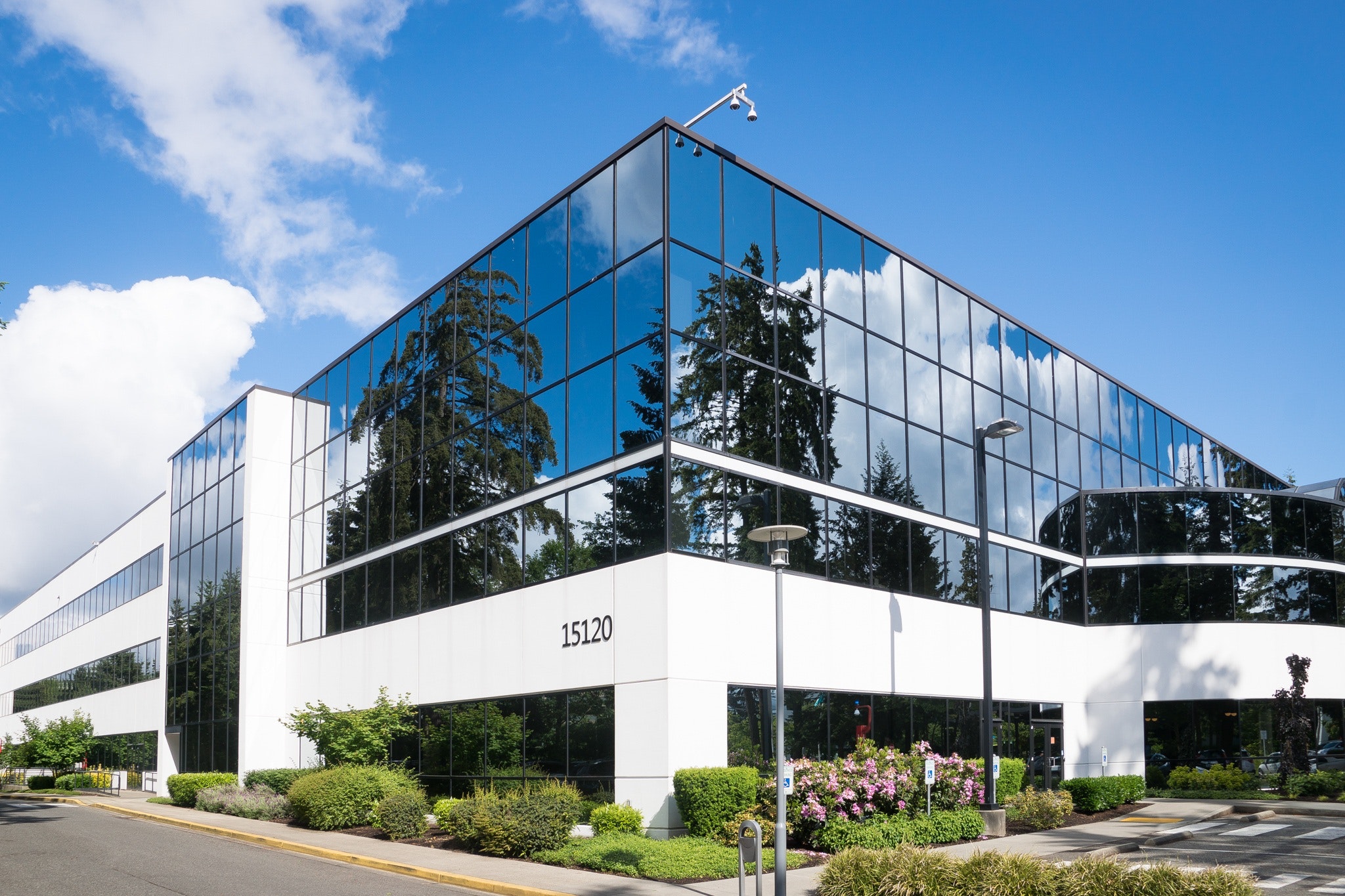You will need to secure funds through commercial real estate financing whether you are looking to fund the acquisition, development, or construction of commercial property. Examples of commercial property include office buildings, retail centers, apartment complexes and industrial warehouses. As a business owner, your goal is to grow your business and by purchasing real estate or renovating property you own is a great way to do that. The Small Business Administration (SBA) has several commercial real estate programs for you to consider.
Types of Commercial Real Estate Loans
There are five primary types of commercial real estate loans you can use to achieve your goals. It’s important to understand the basics and identifying which option might work best for you.
Permanent Loans:
This type of loan is like a traditional mortgage loan. You can get it from any commercial lender, but they are not available for short-term financing needs. This is not backed by the federal government like SBA loans are, these are made between the borrower and the bank. They require a high personal credit score of a 700 or higher so if you a have solid credit score and an established business, this would be the best option for you.
SBA 7(a) loans:
If you get declined from a permanent loan, an SBA loan is your next option. This loan works best for smaller projects as they are the easiest and quickest of the other types of SBA loans. They do however have a slighter higher interest rate than SBA 504 loans. Down payment requirements start at 10% but can be higher depending on the situation and the lender. The terms are 25 years making the monthly payments low and favorable. A credit score 680 or higher and 3 years of business history is required.
SBA 504 loans:
If you have a larger investment project, then a 504 loan is the best option for you as it has no maximum amount you can borrow. This loan is provided through two lenders, a certified development company (CDC) which provides 40% and a private commercial lender which provides 50% of the costs. The remaining down payment the borrower provides is 10% but depending on the situation it can be higher than that as well. The terms are 10 year and 20 years. This would be the best option for you if your business is projected to grow fast but don’t have the cash on hand for a new real estate space.
Bridge/Hard Money loans:
Bridge loans, also known as hard money loans, are short-term commercial real estate loans. They are made by private companies and have higher down payment requirements than other loans. This is best if you are looking for a quick option to get a loan since it’s easy to qualify for and they don’t evaluate the borrower’s credit history.
Online Marketplace Loans:
Online marketplaces now help to match borrowers with private investors who help financing commercial properties for a turn, often referred to as “soft money loans”. Online marketplaces match borrowers with short-term loans ranging from six months to several years.
Joint Venture Loans: two or more properties can apply through a joint venture loan. Each party shares the risks and returns in the commercial property. This option is best for cases where it’s unappealing to bear risk solely or when an investor cannot obtain commercial real estate financing.
How to Qualify for Commercial Real Estate Financing
There are several factors lenders consider when looking at commercial real estate loan applications. This type of loan typically requires more scrutiny than traditional mortgage loans.
- Creditworthiness: A personal credit score of 550 to 700 is required, depending on the lender and type of loan.
- Collateral: commercial lenders rely on the property itself as collateral in case the borrower doesn’t make the loan payment. Commercial real estate lending is based on a loan-to-value ratio which measures the value of the loan against the value of the property being financed.
- Debt-service coverage ratio: the debt-service coverage ratio divides a property’s annual net operating income by its annual mortgage debt service. Lenders look for a debt-service coverage ratio of 1.25 or above, which indicates a positive cash flow.
What You Need to Know About Commercial Real Estate Loans
There are several pros and cons to consider as well about commercial real estate loans.
Pros
- Diverse options available
- Variety of terms
- Flexible repayment terms
- Tax breaks that come with property ownership
- Equity as you make timely payments
Cons
- Barrier to entry is high
- Difficult to quality for
- Approval time is long
- Riskier to lenders due to economic fluctuations
- Upfront costs are high
- Loss of capital
Commercial real estate loans are a great way for businesses to build or expand. Based on the options above, it’s important for business owners to take their time to find the right loan and lender based on the needs of the business. Carefully comparing each option available will give you a better chance of finding one that is the right for your business.






